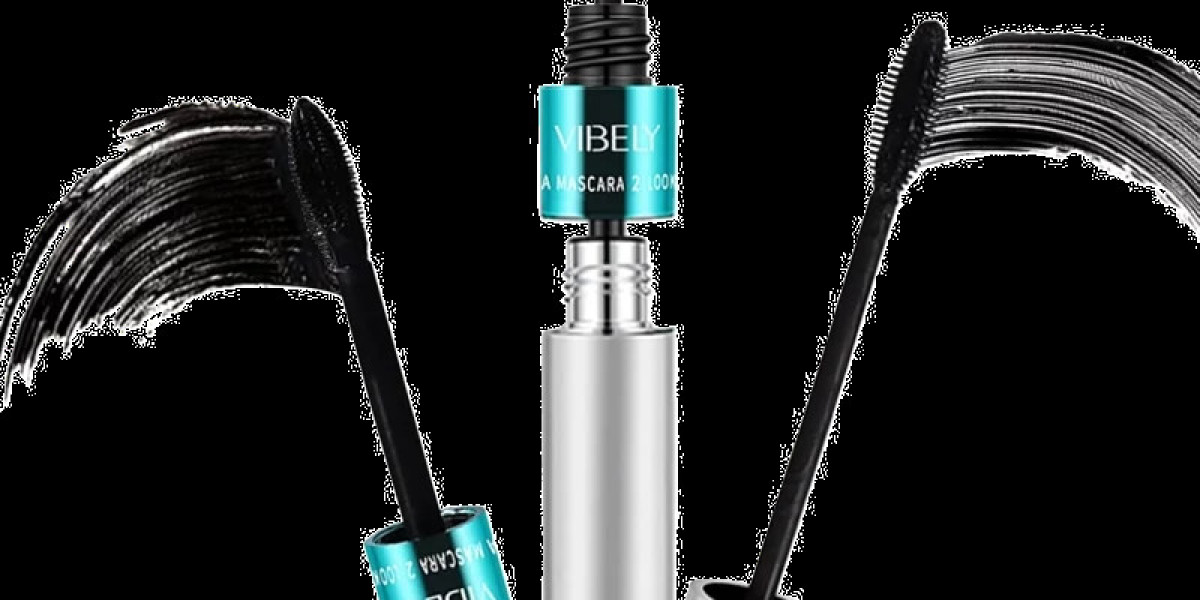Understanding Cognitive Behavioral Therapy (CBT)
Cognitive Behavioral Therapy (CBT) is a therapeutic approach that focuses on identifying and changing negative thought patterns and behaviors. In alcohol rehab centers, CBT helps individuals understand and modify the thoughts and behaviors that contribute to alcohol use and relapse.
Benefits of CBT in Recovery
Incorporating CBT into the recovery process offers several benefits: Rehab in Marietta GA
- Identification of Negative Thought Patterns: CBT helps individuals recognize and challenge negative thoughts and beliefs related to alcohol use.
- Behavioral Change: It supports the development of healthier behaviors and coping strategies, reducing the likelihood of relapse.
- Improved Problem-Solving Skills: CBT teaches problem-solving techniques to address challenges and stressors without resorting to alcohol use.
- Enhanced Emotional Regulation: It helps individuals manage emotions and develop healthier responses to stress and triggers.
- Increased Self-Efficacy: By learning to change thoughts and behaviors, individuals gain confidence in their ability to maintain sobriety.
Components of CBT Programs
Rehab centers may include various components within CBT programs to support individuals:
- Individual CBT Sessions: One-on-one sessions where individuals work with a therapist to identify and address negative thought patterns and behaviors.
- Behavioral Experiments: Exercises designed to test and challenge negative beliefs and develop healthier coping strategies.
- Skills Training: Teaching specific skills for managing cravings, stress, and other challenges related to addiction.
- Relapse Prevention Techniques: Developing strategies to prevent relapse by addressing potential triggers and high-risk situations.
- Homework Assignments: Assigning tasks and exercises to reinforce CBT concepts and encourage practice outside of sessions.
Integrating CBT into Treatment Plans
CBT is integrated into comprehensive treatment plans in rehab centers, complementing traditional therapies such as medical care, holistic approaches, and support groups. This ensures a well-rounded approach to addressing addiction and supporting recovery.
Success Stories: The Impact of CBT
Many individuals have found CBT to be a crucial component of their recovery journey. Success stories highlight how changing negative thought patterns, developing coping strategies, and enhancing problem-solving skills have contributed to long-term sobriety and personal growth.
By incorporating CBT into alcohol rehab programs, centers provide effective tools for addressing the underlying cognitive and behavioral factors of addiction, supporting individuals in achieving and maintaining a successful recovery.







